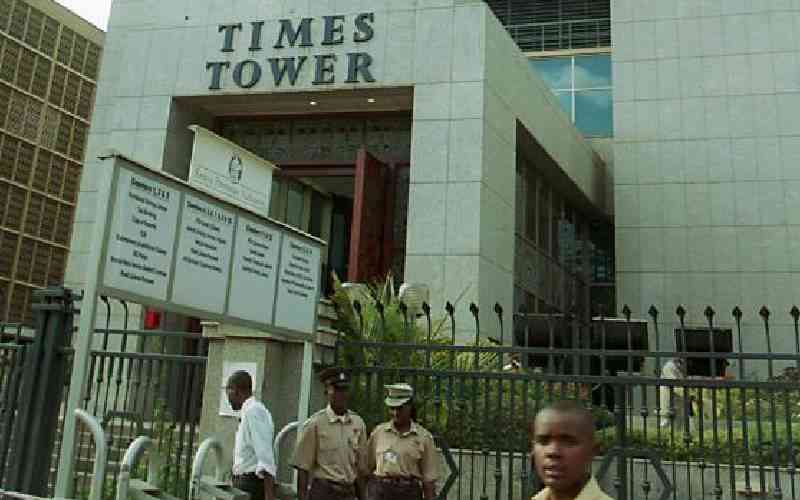
From comments this week, the Kenya Kwanza administration still has plenty to convince us in setting out its growth-friendly fiscal consolidation path for Kenya. To begin, contractionary fiscal consolidation and expansionary growth cannot be used in the same sentence of proper English.
Then we had an aggressive brouhaha on taxes from what is essentially our constitutional idea that everybody should pay, with almost zero exceptions. As is always the case with these things, the week's debate offered more heat than light, and it is not beyond any imagination is to consider this as partly a reaction to the unexpected lift that Azimio has gained from its most recent public rallies.







